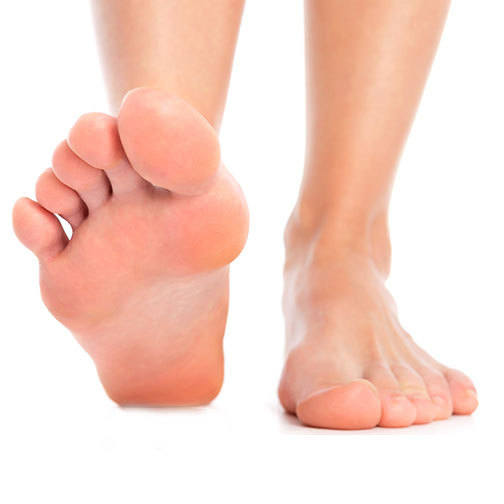Complications of Diabetes
Type 1 diabetes can lead to a variety of complications. Despite the hardships of the day-to-day of the disease, complications can create other physical and emotional tolls. We already know some about these complications, but research is providing more information regarding these complications, as well as additional treatments to help mitigate the effects. We’re on the search to discover how to live our best lives with diabetes and complications, and live beyond so we can achieve a balanced life.
If you have type 1 diabetes (T1D), you may develop complications relating to your eyes, teeth, feet, mental health and more.
Talking About Complications


Taking the Blame and Shame Out of Complications
Most people living with diabetes will remember conversations they’ve had with healthcare professionals about diabetes-related complications, and often, those memories aren’t especially positive.MORE

The Emotional Side of Complications
This burden and worry of developing diabetes-related complications, in addition to the already overwhelming, unending demands of diabetes is overwhelming. MOREResources


The Role of Genetics in Diabetes Complications
Additional research and data have accumulated to suggest that genetics has a role in the development of complications — but how and why is still unclear.MORE

Cardiovascular Complications
High blood glucose due to diabetes can cause damage to many parts of the body, including the heart.MORE

Dental Complications
When thinking about diabetes we don’t often think of dental health. High blood sugar can affect the health of our mouth, gums, and teeth.MORE

Eye Complications
Diabetic eye disease, also known as retinopathy, is one of the most well-known complications of diabetes, people with diabetes often fear this complication, but the good news is there are many effecti...MORE

Foot Complications
Following preventative foot-care recommendations can help prevent and/or delay the progression of serious foot complications.MORE

Gastroparesis
Gastroparesis is a type of autonomic neuropathy that affects the digestion of food; an estimated 5.2% of people with T1D and 1% with T2D have gastroparesis.MORE

Kidney Disease
Diabetes nephropathy, also known as diabetic kidney disease, affects 20-40% of people with diabetes. MORE

Neuropathy
Keeping blood glucose as close to the target range as possible and maintaining a healthy lifestyle is the best way to prevent neuropathy.MOREEducational content related to diabetes complications is made possible with support from Allergan, an active partner of Beyond Type 1 at the time of publication. Editorial control rests solely on Beyond Type 1.





